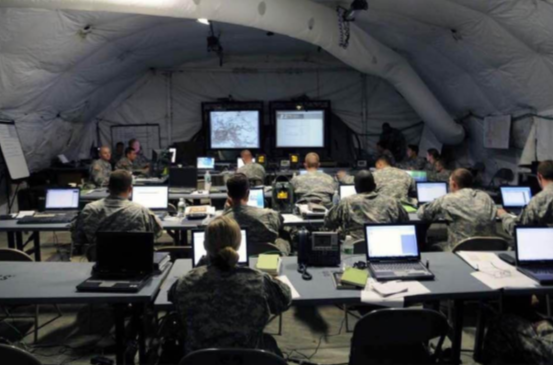Transitioning from military life to college can be challenging. Service members often face unique circumstances that set them apart from traditional students. A university that understands those challenges can be the difference between struggle and success. That’s where a military friendly university comes into play—offering more than just education, it provides a structure of support designed specifically for veterans and active-duty personnel.
Flexible Learning Options Build Confidence
Service members often have unpredictable schedules. Deployments, trainings, and family commitments can interrupt academic progress. A university that supports military learners recognizes this and adapts. With evening classes, online programs, and hybrid formats, students can stay on track without sacrificing their responsibilities. Flexibility isn’t just a feature—it’s a necessity that helps these learners feel in control of their journey. Confidence follows when the structure fits the lifestyle.
Military Friendly University Programs Make a Difference
A military friendly university is more than a school with veteran enrollment. It’s a title that reflects deep commitment. These institutions provide tailored resources, from dedicated advisors to military-aligned career services. The term refers to schools that actively welcome service members, integrating them into campus life and academic systems with respect and understanding. The military friendly university support makes it easier for veterans to focus on learning instead of logistics.
On-Campus Resources Ease the Transition
For many veterans, stepping into a classroom after years in uniform is daunting. Universities that are equipped to serve military learners make that transition easier. Dedicated veteran centers, peer mentoring programs, and mental health services specific to combat-related trauma or stress offer a safety net. These aren’t just nice additions. They’re essential. Feeling supported on campus helps service members thrive academically and socially.
Academic Guidance Tailored to Military Experience
Advisors at military friendly institutions know the terrain. They understand military transcripts, benefits like the GI Bill, and how to convert service experience into academic credit. When a student walks in with years of logistics or leadership in the field, a knowledgeable advisor can help translate that into a relevant academic path. This saves time, money, and unnecessary repetition of skills already mastered. It also affirms the value of military experience in a civilian world.
Peer Connections Strengthen Student Identity
Being in class with students who don’t share the same background can feel alienating. That’s why many military friendly universities foster communities of veterans and active-duty students. Whether it’s through veterans clubs, student organizations, or informal meet-ups, these bonds create belonging. Peer support fills the gap between military camaraderie and academic collaboration. It’s not just about making friends—it’s about building a network that understands the weight of service and the drive for success.
Career Development With Military Precision
Career services at these institutions aren’t generic. They’re equipped to help service members translate military roles into civilian resumes. Whether someone was managing logistics, leading a unit, or working in cybersecurity, these roles matter—and employers want those skills. Military friendly universities often host veteran-specific job fairs, provide resume coaching, and connect students with employers who respect their service. The path from classroom to career becomes clear, and the mission of academic success stays focused.
Conclusion
A military friendly university isn’t just a place to earn a degree—it’s a place to start fresh without starting over. It recognizes the discipline, dedication, and unique experience service members bring and gives them the tools to thrive in academic life. By offering flexibility, understanding, and purpose-driven support, it creates a space where veterans and active-duty students aren’t just welcomed—they’re empowered.
